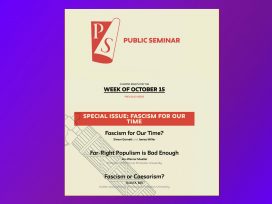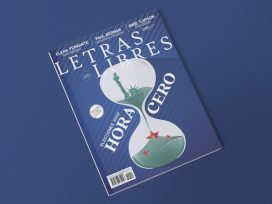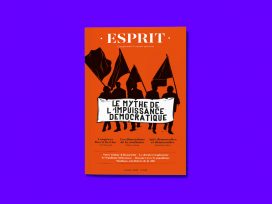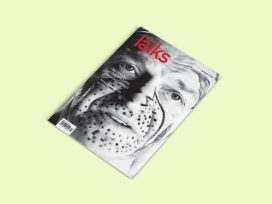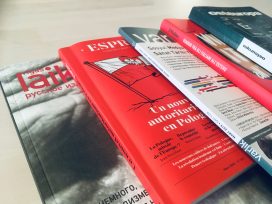‘Rīgas Laiks’ feels better about ageing after talking to an Amazonian chief. But alterity can be found much closer to home too: an interview with a villager from eastern Latvia offers a lesson in rustic self-expression. Also: Belarusian women on the frontline.
This shows in an interview Gulbis conducts with a village leader named Mazini. He speaks about the importance of the stories told by his ancestors about humans, nature and the world. These stories – one of which is published in the issue – have changed over time, he says, making the tribal people who they are today. He also discussed the importance of lifelong learning and preparing for spiritual growth. ‘In our tradition, it is believed that the longer a person lives, the more they are ready for learning. The older you get, the deeper your knowledge. A great lesson is at your disposal – and that is your own life. It is said that only those who deserve it grow old.’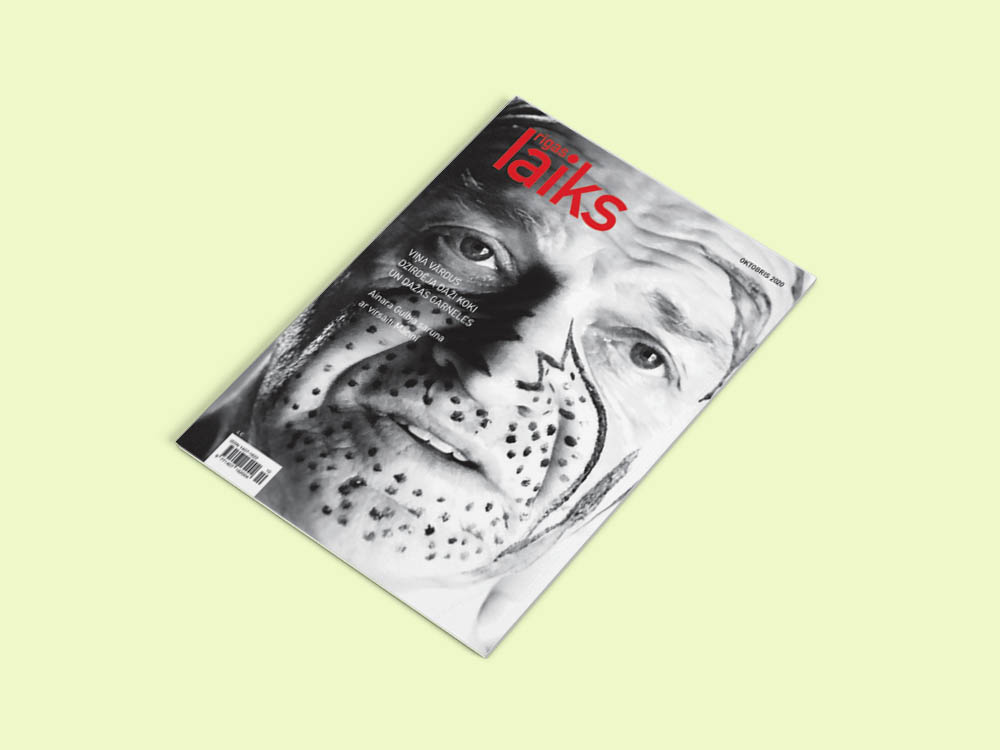
Closer to home
Editor Uldis Tīrons talks to Margarita, a woman from the Latgale region of eastern Latvia, about life and customs in the countryside. ‘If, for example, someone drinks from one of the glasses and then you are given a glass with a little left, you say, “I will not drink your tears.” Either poured or not given, goddammit.’ The reader is able peek into a world, where people’s language gets courser, more straightforward. Comparing the two interviews, Tīrons observes: ‘Going from Latgale to the Amazon is a big leap, although maybe it’s not much more different than simply leaving your space of knowledge, confidence and interest.’
Belarus
Although some experts argue that economic sanctions do little change the behaviour of corrupt regimes, EU sanctions on Belarus might just have the desired effect, argues Ivars Ījabs. And Aleksejs Muraško discusses the role of women in ‘the first feminist revolution in Belarus’. He describes how women have emerged onto the political frontline, and how this has changed the mentality of the whole society. New forums in which women from across various fields gather suggest that their rights and representation will continue to be high on the agenda from now on.
This article is part of the 19/2020 Eurozine review. Click here to subscribe to our weekly newsletter to get updates on reviews and our latest publishing.
Published 21 October 2020
Original in English
First published by Eurozine
Contributed by Rīgas Laiks © Eurozine
PDF/PRINTNewsletter
Subscribe to know what’s worth thinking about.
